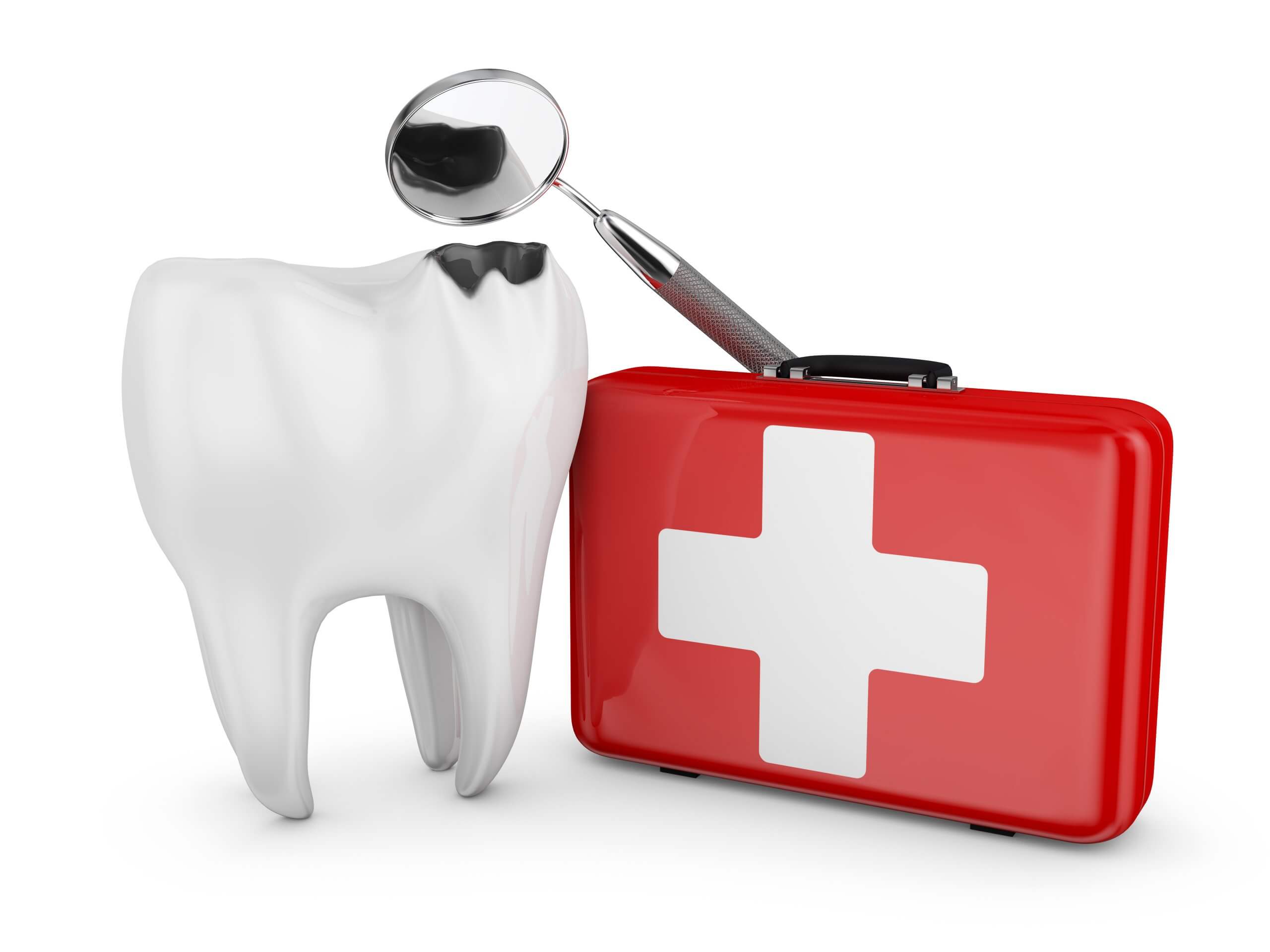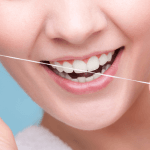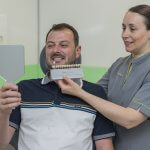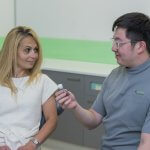
Dental emergencies do happen. Despite being careful with your teeth, mishaps and accidents can happen. Therefore, it is important to be aware of some of the ways in which dental emergencies can be managed. Here are some tips on handling dental emergencies.
Injured tongue and lip
Like other oral tissue, the tongue and lips are very sensitive. When they are injured, controlling bleeding can be a tough job.
The first step is to relax and refrain from panic. Then, try the following:
- rinse your mouth with lukewarm water
- firmly hold a piece of cotton or gauze to the area that is injured to stem the bleeding
- place an ice cube folded in a cloth on the affected area to alleviate pain and reduce swelling and bleeding
- make a dental emergency appointment with your dentist
Toothache
Extreme toothache can be very painful. To reduce pain until you can see your dentist, try:
- gently rinsing your mouth with lukewarm, salty water
- flossing in the gap between the teeth that are hurting to make sure nothing is stuck that might be causing pain
- using pain relief medication such as ibuprofen and paracetamol
In the case of severe pain, see your dentist urgently.
Loose crown or tooth cap
If your crown or tooth cap becomes loose or falls out, immediately
- wrap the loose crown in a tissue or other protective covering so that it remains safe
- make a dental emergency appointment, even if you are not experiencing any pain
Broken tooth
In cases of a broken tooth, follow these steps;
- keep the broken pieces of the teeth as our dentist may need the pieces to mend the tooth
- place an ice cube folded in a cloth on the affected area to alleviate pain and reduce swelling and bleeding
- immediately call your dentist
When you have experienced a dental emergency, it is important to ensure your teeth are checked by your dentist even if your pain subsides and your bleeding stops.





